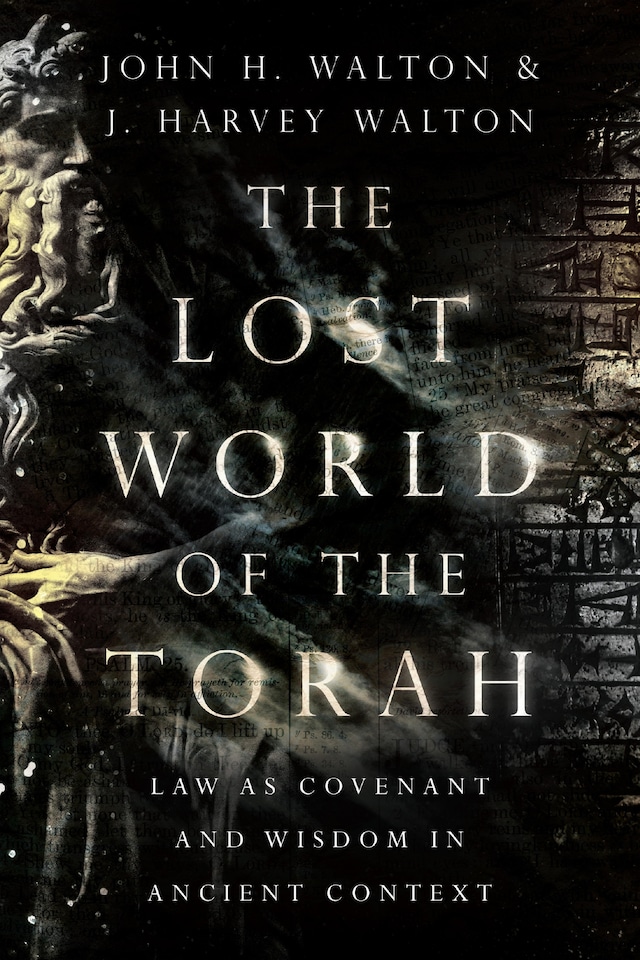
The Lost World of the Torah
Law as Covenant and Wisdom in Ancient Context
Beschrijving van het boek


